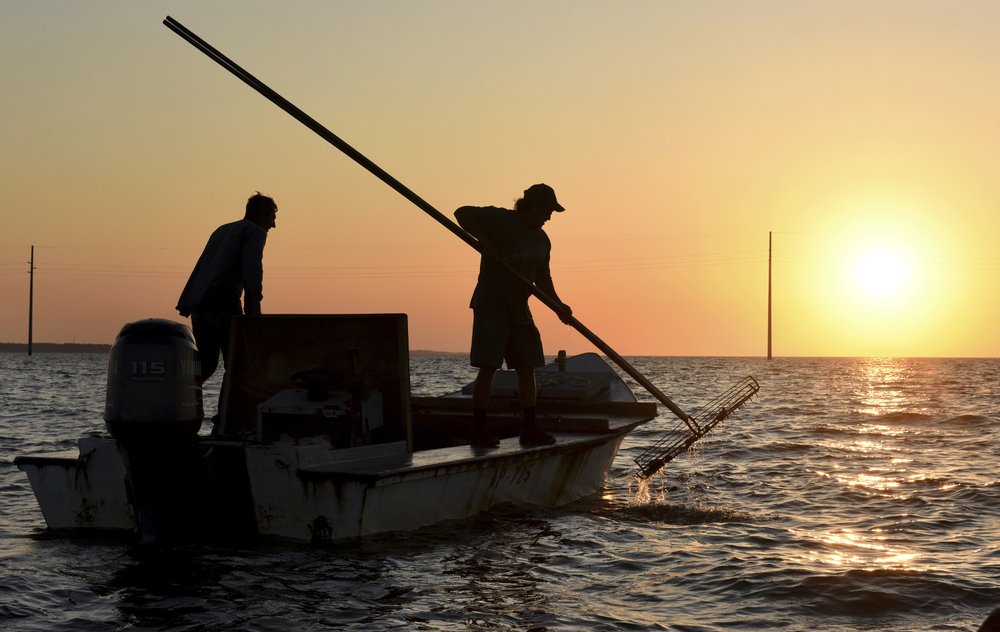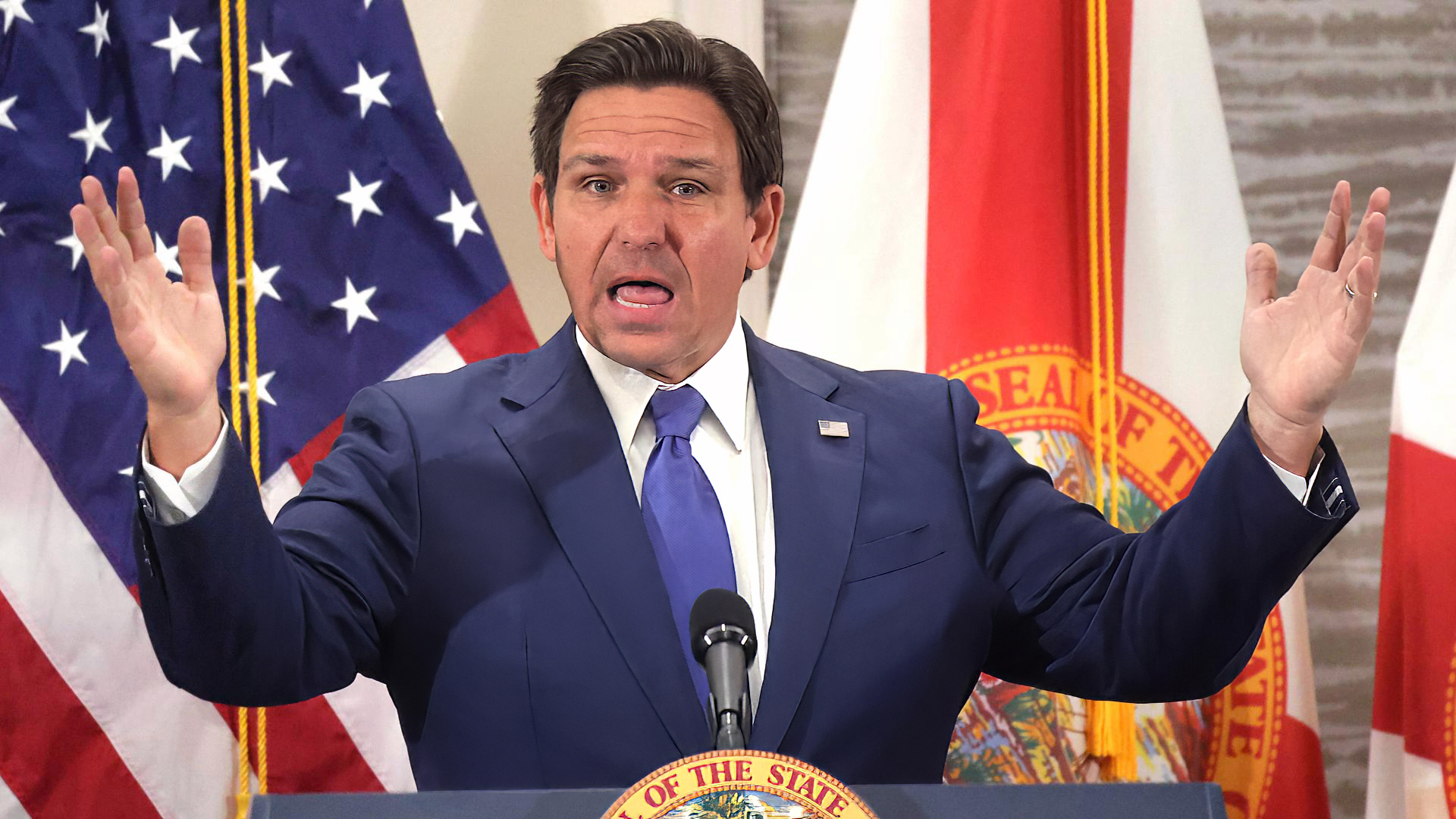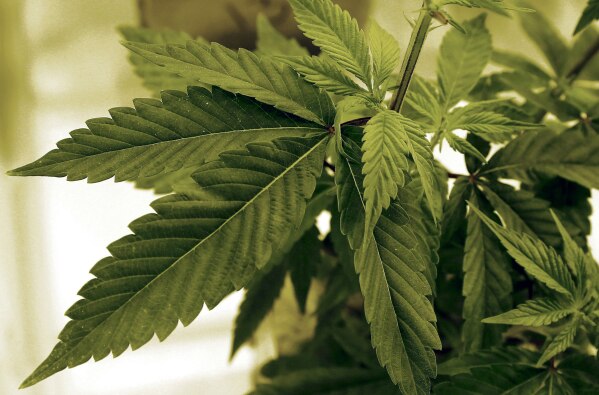Natural habitats for Florida bivalves are getting special attention in Gov. Ron DeSantis’ new proposed budget.
DeSantis is proposing a $30 million earmark for the 2025-26 fiscal year to restore oyster reefs in Apalachicola Bay, a 30-mile bivalve paradise on the gulf coast in Franklin County.
For decades, the shallow bay produced more than 90% of Florida’s commercially harvested oysters, accounting for roughly a tenth of the nation’s yearly supply.
But oyster fisheries suddenly collapsed in 2012, due to a combination of low freshwater flows from the Apalachicola River Basin, which led to a steep oyster population decline.
The area’s been in recovery ever since. The National Oceanic and Atmospheric Administration issued a declaration of emergency in 2013. Seven years later, Florida imposed a moratorium on wild harvest.
Efforts to revive the bay’s health have advanced, albeit slowly, in the years since. Last January, an advisory board to the Apalachicola Bay System Initiative, headed by scientists from Florida State University (FSU), released a comprehensive list of recommendations for the bay’s restoration and maintenance, with an eye on rebuilding its oyster reefs.
Notably, the recommendations “have a consensus of stakeholder agreement,” Sandra Brooke, a senior researcher at FSU’s Coastal and Marine Laboratory and the Apalachicola Bay System Initiative’s principal investigator, told WFSU last April.
DeSantis’ recommended budget apportionment, part of a $115.6 billion spending plan, comes about 10 months before the oyster harvesting moratorium is scheduled to end.
It also comes less than a month after PBS stations began airing an award-winning documentary, “Unfiltered: The Truth About Oysters,” detailing the issue, which isn’t unique to Florida; studies have shown at least 85% of oyster reefs worldwide have vanished.
A note in the Governor’s budget outline says the funds and project they’ll finance “will provide for continued restoration in Apalachicola Bay in support of sustainable oyster reefs that protect and enhance the ecosystem services this natural resource provides to the public.”
The current budget, when DeSantis signed it last June, had $160,000 set aside for oyster planting. That earmark was there too in the 2023 budget, which also provided $1.75 million for the Apalachicola Bay Drone Oyster Seeding Project and $6,180 for an oyster restoration project in Perdido Bay.
Post Views: 0

 Entertainment8 years ago
Entertainment8 years ago
 Entertainment8 years ago
Entertainment8 years ago
 Politics8 years ago
Politics8 years ago
 Tech8 years ago
Tech8 years ago
 Tech8 years ago
Tech8 years ago
 Tech8 years ago
Tech8 years ago
 Politics8 years ago
Politics8 years ago
 Tech8 years ago
Tech8 years ago









